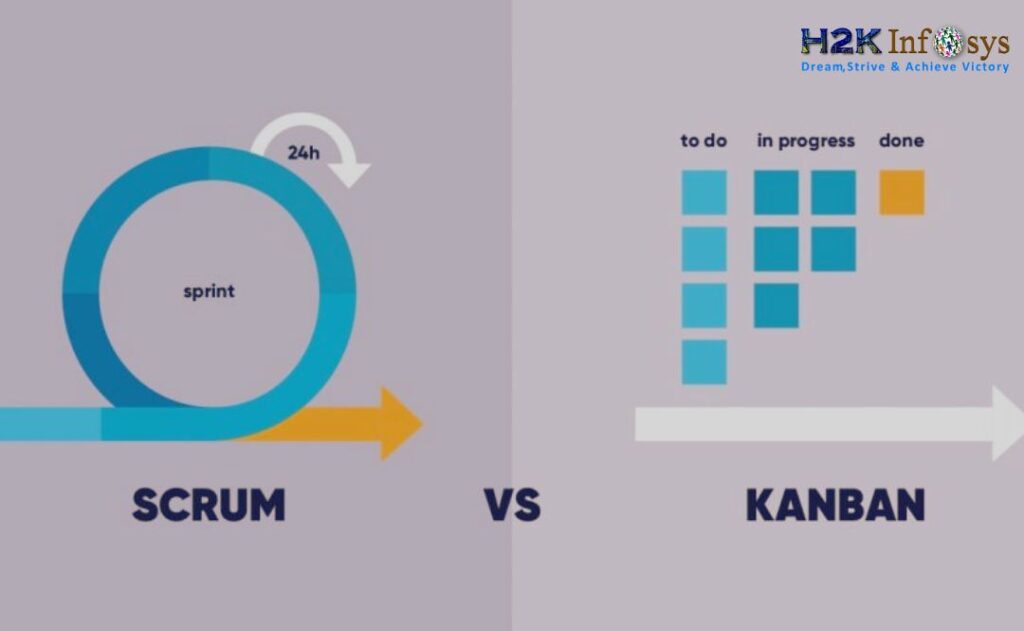Data engineering is a critical role in the modern data ecosystem, focusing on the creation and management of data pipelines, databases, and infrastructure. As companies increasingly rely on data-driven decision-making, the demand for skilled data engineers has surged. However, cracking the data engineer interview can be challenging due to the technical depth and breadth of knowledge required. In this comprehensive guide, we’ll walk you through the essential steps and tips to ace your data engineer interview.
1. Understanding the Role of a Data Engineer
- Key Responsibilities: Data engineers are responsible for designing, building, and maintaining scalable data pipelines, ensuring data quality, and supporting analytics teams. They often work with big data technologies, cloud platforms, and databases.
- Skills Required: Proficiency in programming languages (Python, Java, Scala), knowledge of SQL and NoSQL databases, experience with data warehousing, and familiarity with ETL processes are essential.
2. Preparing for the Technical Interview
- Programming Skills: Brush up on your coding skills, focusing on data structures and algorithms. Platforms like LeetCode, HackerRank, and CodeSignal can help you practice.
- Database Proficiency: Be prepared to write complex SQL queries and understand database design principles. Know the differences between relational and non-relational databases and when to use each.
- Data Warehousing Concepts: Understand the fundamentals of data warehousing, including star and snowflake schemas, OLAP vs. OLTP, and ETL vs. ELT processes.
- Big Data Technologies: Familiarize yourself with tools like Hadoop, Spark, Kafka, and Flink. Understanding distributed computing and data processing frameworks is crucial.
3. System Design and Architecture
- Data Pipeline Design: Be ready to design end-to-end data pipelines, considering data ingestion, processing, and storage. Focus on scalability, fault tolerance, and data integrity.
- Cloud Platforms: Gain knowledge of cloud services like AWS, Azure, and Google Cloud. Understand services like S3, Redshift, BigQuery, and Dataflow, and know when to use them.
- Real-Time Data Processing: Understand the difference between batch and stream processing. Be familiar with technologies like Apache Kafka, Apache Flink, and Apache Storm.
4. Behavioral Interview Preparation
- STAR Method: Prepare to answer behavioral questions using the STAR (Situation, Task, Action, Result) method. This approach helps you structure your responses effectively.
- Team Collaboration: Highlight your experience working in cross-functional teams, communicating with stakeholders, and collaborating with data scientists and analysts.
- Problem-Solving: Discuss specific challenges you’ve faced in previous projects and how you resolved them. Focus on your critical thinking and problem-solving abilities.
5. Case Studies and Scenario-Based Questions
- Common Scenarios: Interviewers may present real-world scenarios, asking you to design a solution. Practice designing data architectures, choosing the right tools, and justifying your decisions.
- Optimization and Performance: Be prepared to discuss how you would optimize data pipelines, handle large-scale data, and ensure low-latency access.
6. Mock Interviews and Practice
- Peer Reviews: Conduct mock interviews with peers or mentors to get feedback on your answers and presentation.
- Online Platforms: Use online interview platforms to simulate the interview experience. Focus on time management and clarity in your explanations.
7. Post-Interview Tips
- Follow-Up: Send a thank-you email to the interviewers, expressing your appreciation for the opportunity and reiterating your interest in the position.
- Continuous Learning: Data engineering is a rapidly evolving field. Stay updated with the latest technologies, tools, and best practices.
Conclusion
Cracking the data engineer interview requires a solid understanding of technical concepts, practical experience, and strong problem-solving skills. By thoroughly preparing and practicing, you can confidently approach the interview process and increase your chances of success. Remember, each interview is an opportunity to learn and grow, so embrace the journey and keep honing your skills. Good luck!




























